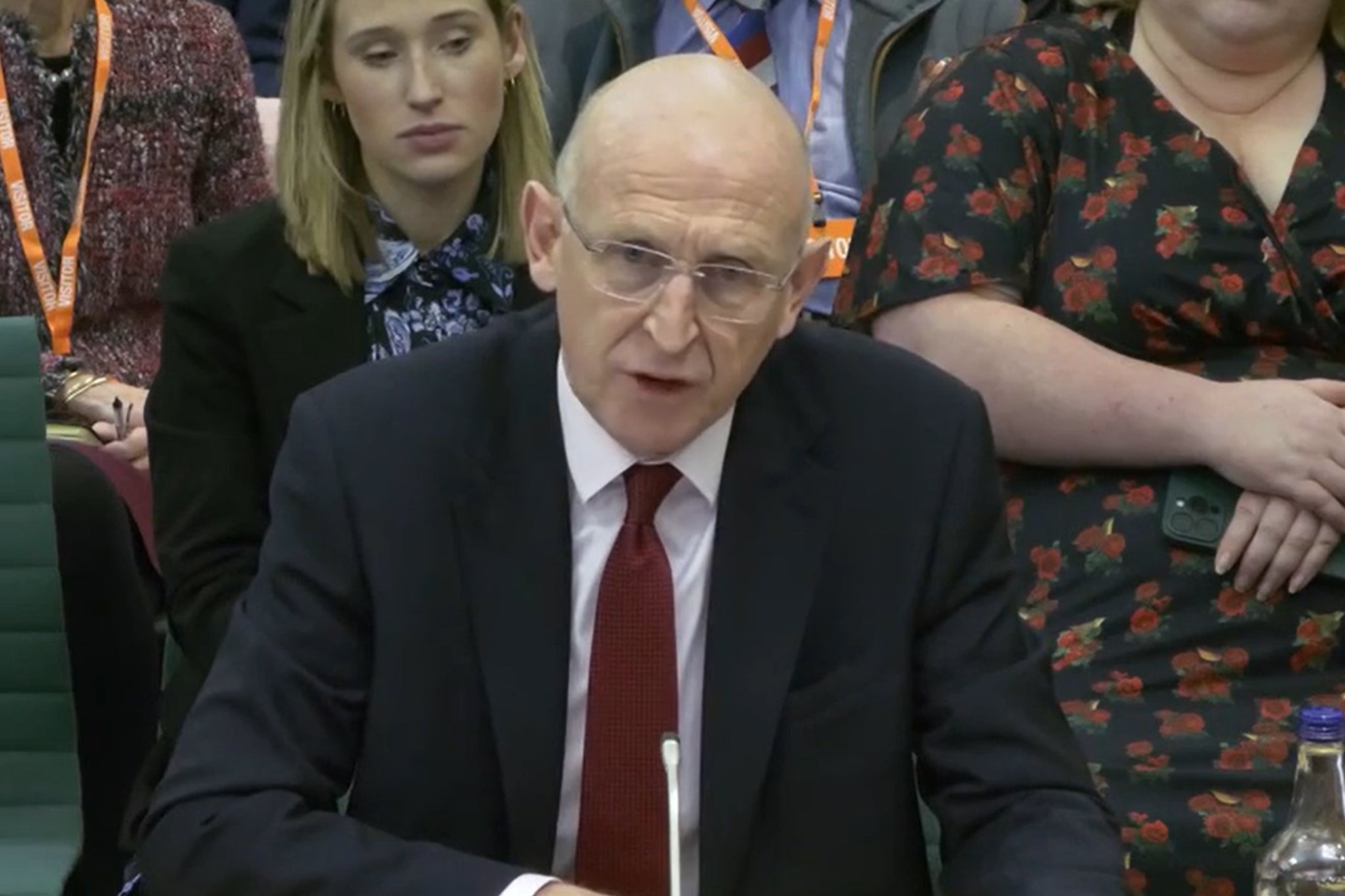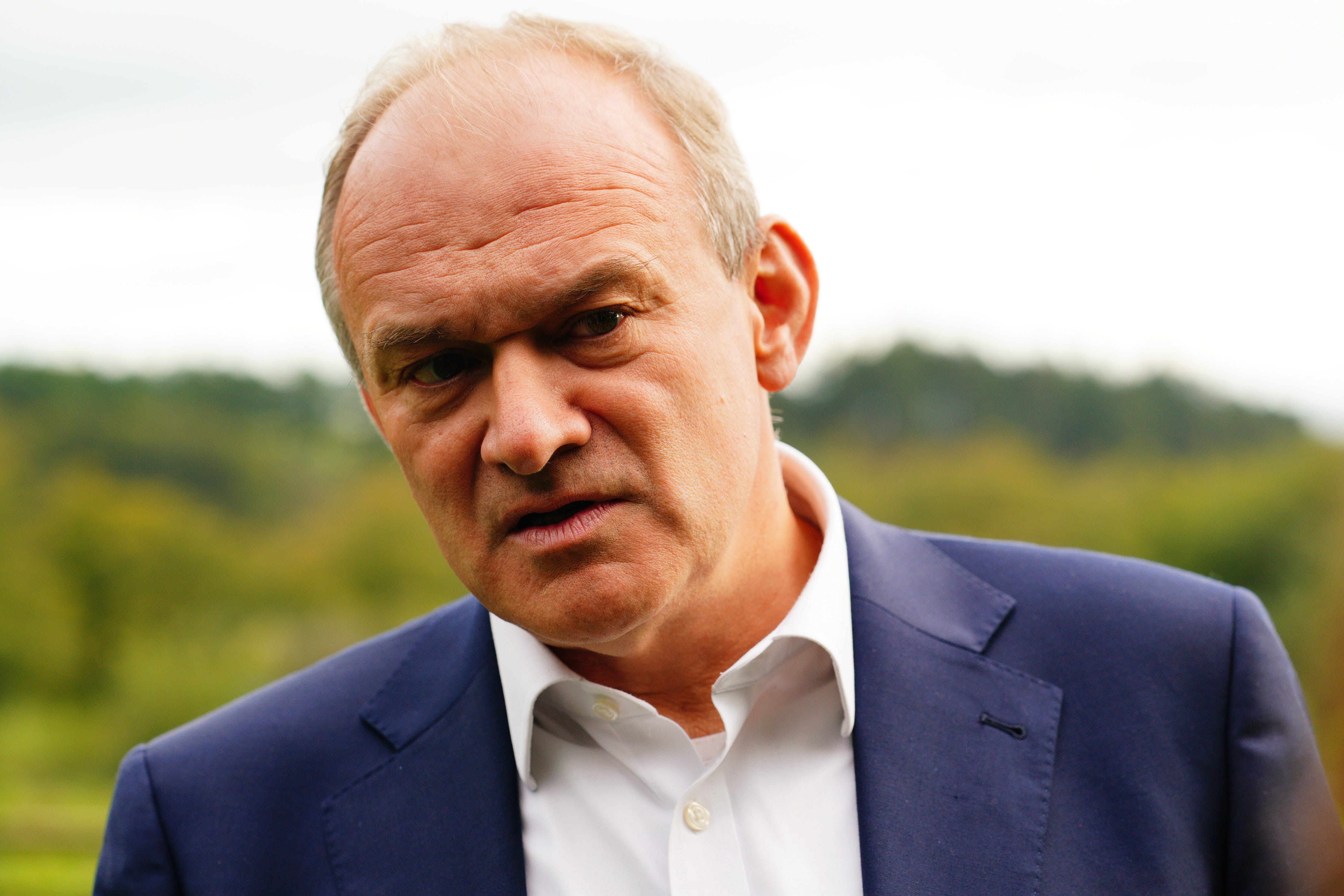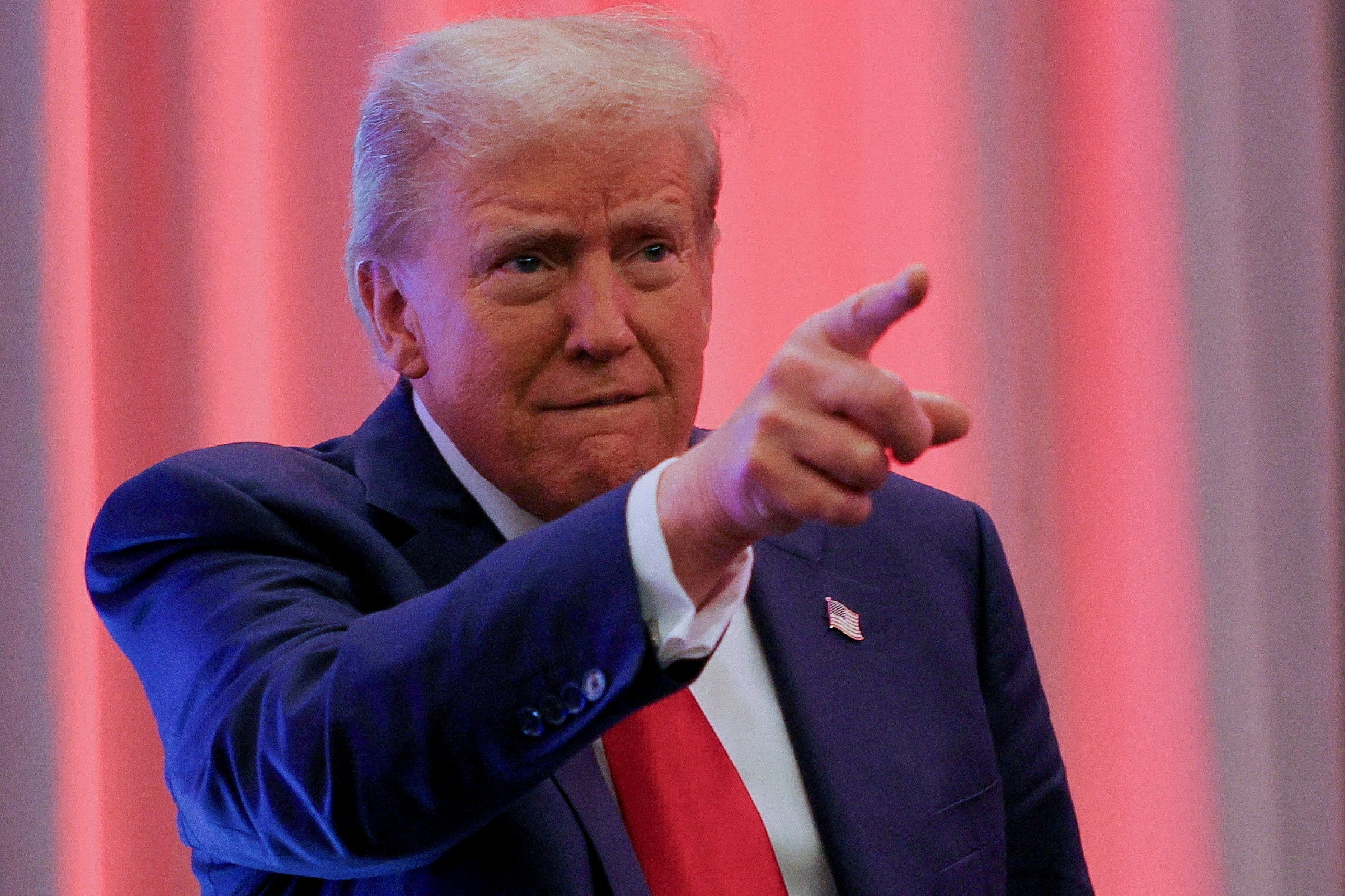The defence secretary has admitted that the UK and her allies have known “for months” that Russia has been planning to use a new intercontinental ballistic missile as he warned about the fragile state of Ukraine’s frontline.
John Healey gave his warning to the Commons defence select committee where he was making his first apearance since Labour took power in July.
He was speaking at the same time as Sir Keir Starmer pushed back on claims the much-delayed decision to allow Ukraine to strike at Russian forces with storm shadow missiles was a reaction to Donald Trump‘s election as US president.
While refusing to confirm whether the UK had given permission for long range missiles to be fired by Ukraine into Russian territory, Mr Healey expressed little surprise at the reports Russia had fired a new ballistic missile at the country.

He told MPs: “Tthere are unconfirmed media reports today of Russia firing a new ballistic missile into Ukraine which we know they have been preparing for months.”
He warned: “This is a serious time. Intelligence reveals that the frontline is less stable than at any time since the Russian invasion in 2022.
“We have seen in recent weeks a very clear escalation from Putin and hos forces. They have stepped up attacks on energy systems in Ukraine, ahead of winter. They have stepped up attacks on civilian centres, killing children. At least 10,000 North Korean troops have been sent to the front line.”
Later, Downing Street later described the unconfirmed reports Russia had launched an ICBM into Ukraine as "deeply concerning".
But the prime minister's official spokesman said he did not "want to get ahead of our intelligence services who are looking at these reports urgently", adding: "But if true, clearly this would be another example of grave, reckless and escalatory behaviour from Russia and only serves to strengthen our resolve."
Mr Healey was giving evidence as Sir Keir was giving a statement in the Commons to MPs on the G20 and COP29 summits and an update on the war in Ukraine after they used the British-made missiles for the first time.
While the prime minister avoided commenting specifically on the use of the missiles in Ukraine, he laid out the legal case for doing so: “Under article 51 of the UN Charter, Ukraine has a clear right to self-defence against Russia's illegal attacks.
"So I say again, Russia could roll back their forces and end this war tomorrow. But until then, we will stand up for what we know is right, for Ukraine's security and for our own security and we will back Ukraine with what is needed for as long as is needed."

The prime minister had made an earlier attempt to persuade the US to allow the use of the missiles when he flew out to Washington DC for a hastily arranged summit with president Joe Biden in September. But the trip was fraught with diplomatic problems as Putin made threats about nuclear war and expelled UK ambassadors while Sir Keir was en route.
However, there is speculation the election of Trump, who has stated he will halt aid to Ukraine and bring a rapid end to the war, has panicked Western leaders into allowing Ukraine to go much further in fighting back.
With Mr Trump not set to be sworn into office until late January, both the US and UK have given permission for their long-range missiles to be directed into Russian territory after months of begging by president Volodymyr Zelensky.
Picking up on “Trump panic”, Sir Ed Davey pressed the prime minister on whether the US election result had affected his decision.
The Lib Dem leader said: “On Ukraine, we welcome the new approvals on long-range missiles. We must give our Ukraine allies whatever they need to win this war, but the reality is that this support should have been given sooner. Why has it taken the threat of a second Trump presidency for action?

"This is a war for our security and for the values we hold dear. Does the prime minister agree with me that now is the moment for the UK to lead in Europe? So will the prime minister convene a summit of European leaders to seize the Russian assets which are at our fingertips? We must not and cannot look back at this moment and wonder whether we could have done more."
Sir Keir insisted foreign policy had not been rushed post-Trump: "On Ukraine careful decisions are made, co-ordinated and collaborated with our key allies. On Russian assets, action is being taken, and that is already being done in a number of forums."
Earlier, Tory leader Kemi Badenoch described Sir Keir's foreign policies as rushed and ill-thought through.
She told the Commons: “At the moment the prime minister's foreign policy is a pick and mix of empty platitudes, unilateral commitments, that he could have announced at home and dangerous precedence. Rushing to give away the Chagos Islands and paying for the privilege.
“An ill-judged suspension of export licences to Israel, damaging our defence and security industry. And failing to set out a roadmap for spending 2.5 per cent of GDP on defence in a world that is becoming yet more dangerous.”
Sir Keir expressed surprise that Ms Badenoch appeared to suggest he should not have gone to Rio to attend the G20 with other world leaders.

But he also had to defend himself from other Tory MPs including former leader Sir Iain Duncan Smith incensed over his decision to meet President Xi Jinping of China.
Sir Keir told MPs: "The world is safer when leaders talk."
The prime minister said the two had a "frank, constructive, pragmatic discussion" in the margins of the G20 summit.
The talks came a day before China jailed 45 pro-democracy activists in Hong Kong, which the UK later criticised, and as MPs renewed calls for Hong Kong businessman and British national Jimmy Lai to be released from prison.




.png?w=600)


